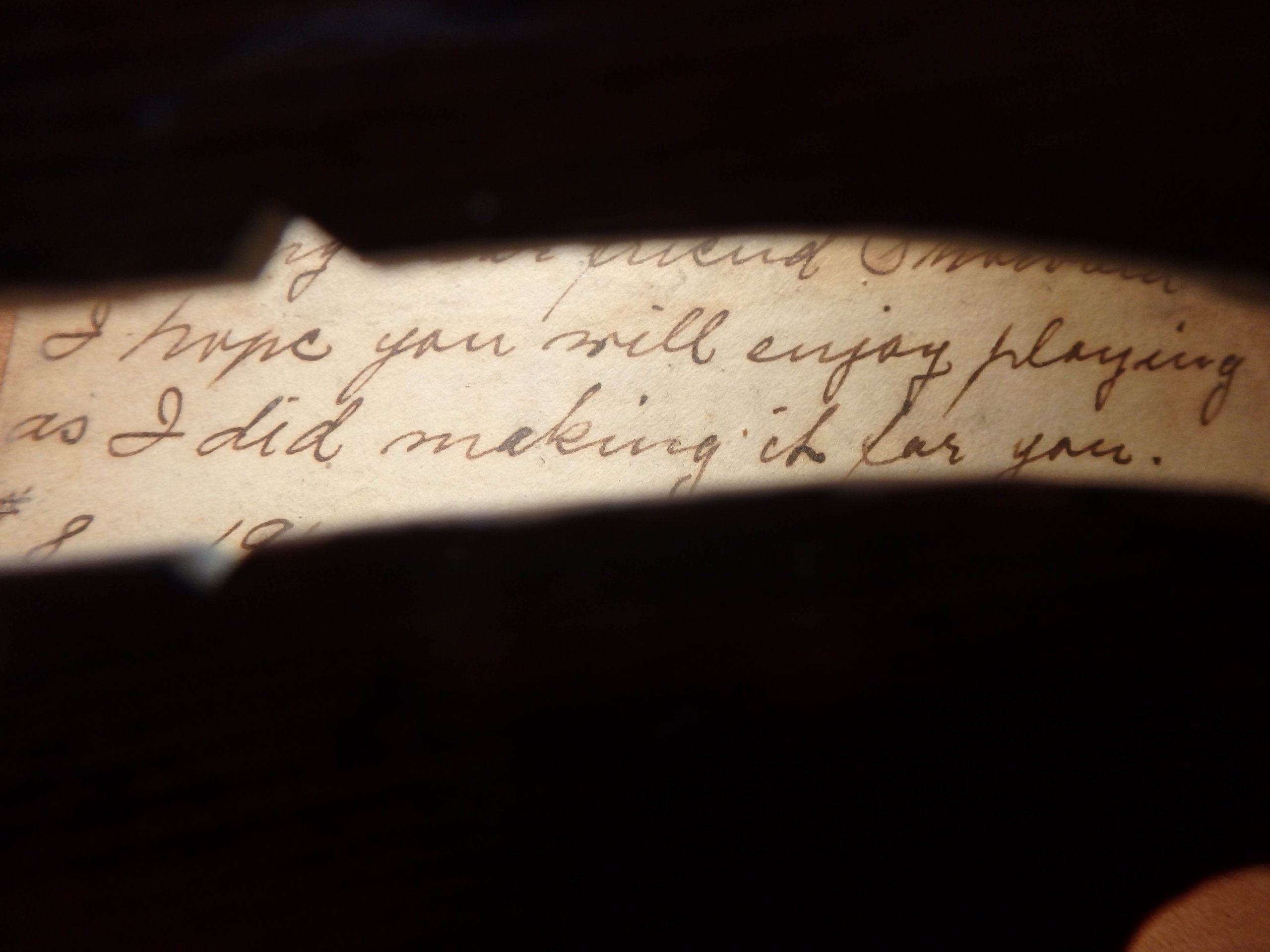The Cozio Archive
Welcome to Cozio, the world’s largest reference resource for buyers, sellers and connoisseurs of fine stringed instruments and bows.
Founded in 2003 as a public registry of iconography, provenance and pricing information for historical stringed instruments, Cozio encompasses over 36,000 individual instruments and bows by over 3,500 makers. It is also the most comprehensive online source for maker biographies and provenance information, and contains over 57,000 historical auction prices.
Although most of Cozio is available to the public by subscription, it also contains photographs, documents and records of instruments and bows that are accessible only by request. If you would like information about any item that is not publicly available, please contact us.
The Cozio Carteggio
Latest Feature

The David Bromberg Collection of American violins
David Bromberg spent the better part of the past 30 years assembling a nearly comprehensive collection of American violins. Our summer and fall T2 sales feature the instruments from his collection and more will follow in the December auction.
By Benjamin GagnonIt has been a great pleasure to spend the last few months cataloging David’s violins and seeing so many interesting American instruments. David’s collection is vast and varied; it includes all of the famous American makers but its real strength is that it also includes hundreds of lesser-known luthiers, like self-taught amateurs who might have […]
READ MORE